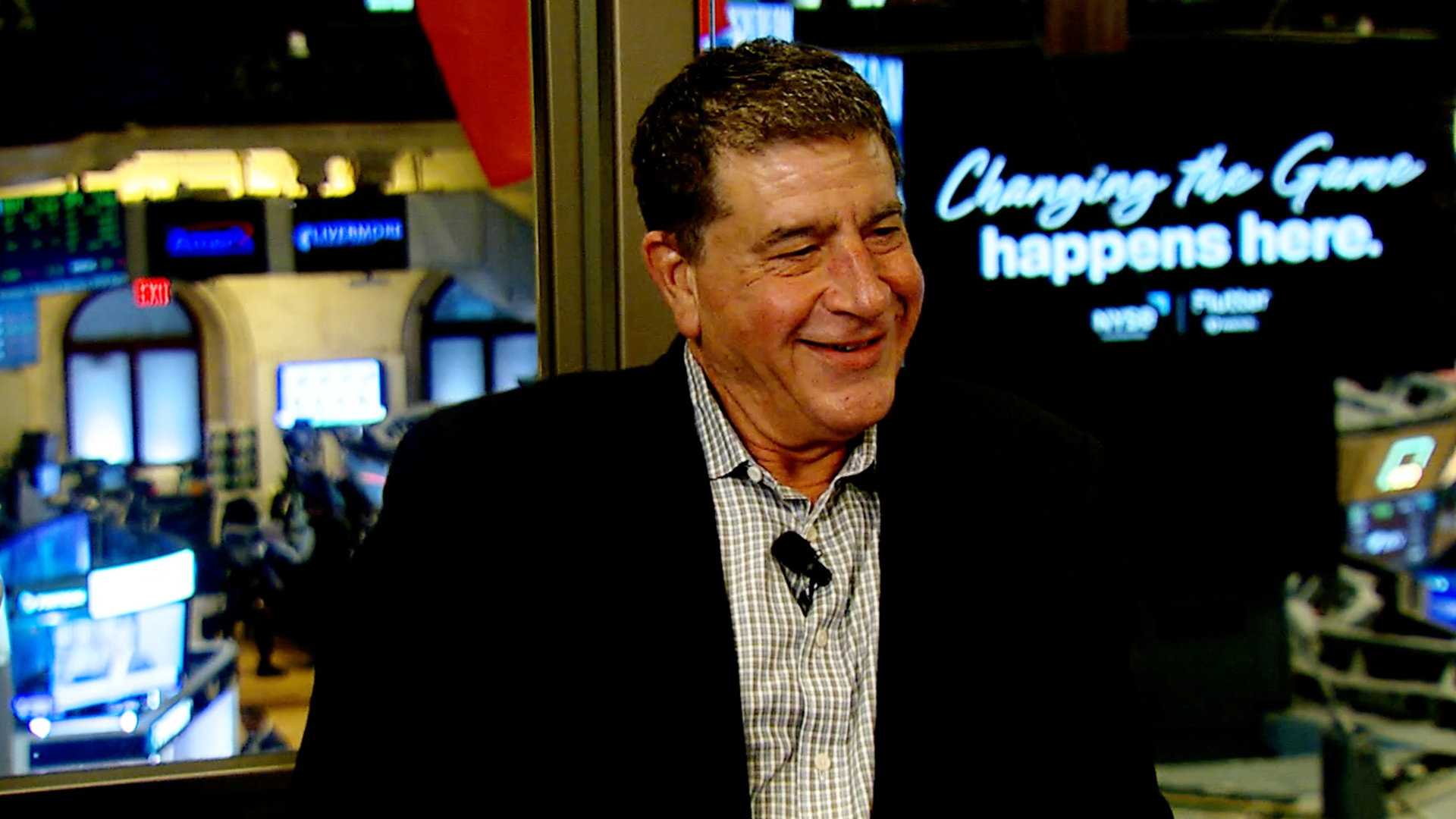 AI
AI
 AI
AI
 AI
AI
As the initial hype for artificial intelligence dies down, the question of which trends are going to stick around is on everyone’s minds.
Causal AI and small language models are the answer, according to Scott Hebner (pictured), principal analyst of AI at theCUBE Research. Ultimately, he believes these trends will coalesce into a cohesive machine learning architecture.
“We’re very much in the infancy of AI,” he said. “There’s some trends that are starting to develop. Now they are going to converge over time into more of an architectural approach, and I think that is the notion of causal AI, the actual ability to reason, problem-solve, understand cause and effect. I think the long tail of the small language model is going to become more and more dominant … it becomes increasingly important if you want to optimize your model for your unique business, your unique clients, your region.”
Scott Hebner (pictured), principal analyst of AI at theCUBE Research spoke with theCUBE Research’s John Furrier at the Media Week NYC: theCUBE + NYSE Wired 2024 event, during an exclusive broadcast on theCUBE, SiliconANGLE Media’s livestreaming studio. They discussed the importance of causal AI and the evolution of large and small language models.
Causal AI will actually allow LLMs and SLMs to reason, but it is still very much in development. Eventually, this reasoning AI could analyze scientific processes and improve global issues, such as the supply chain, according to Hebner.
“One of the challenges with today’s large language models and generative AI in general is that it’s based on a correlative design,” he said. “It basically swims in a large data lake and correlates to identify patterns, associations, anomalies, and they can then predict or forecast or generate something. Probabilities tell you our beliefs in a static world based on past historical experience or data. Causality tells you how those probabilities change when the world around you changes. For AI to help human beings actually problem-solve and plan, it needs to understand causality and the science of why things happen.”
Looking at the future of AI, Hebner suggests that an open source system will win out over any one company or proprietary technology. Companies will want specialized AI agents and SLMs that meet their specific business needs.
“There’s not going to be a one size fits all,” he said. “Open standards, open technology that allows you to wire these things together is, what’s in the end, going to dominate. So, there’s a whole focus these days on open-source models versus closed-source models … you start off with the piece parts and then they start to come together, and then before you know it, parts of it commoditize out, like the browsers. Are the large language models going to become the browsers of the future?”
Here’s the complete video interview, part of SiliconANGLE’s and theCUBE Research’s coverage of the Media Week NYC: theCUBE + NYSE Wired 2024 event:
THANK YOU